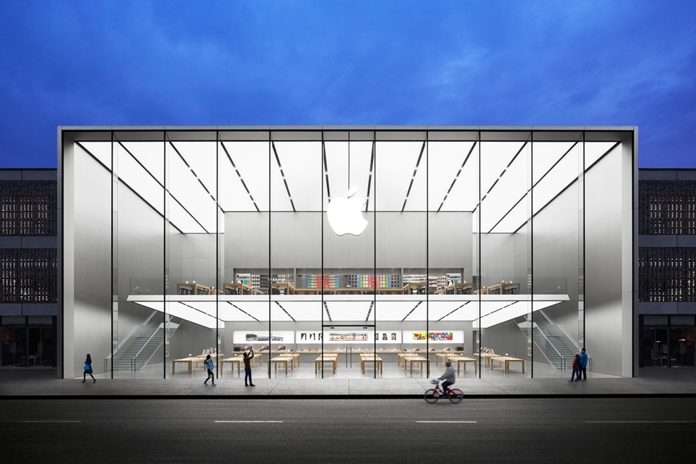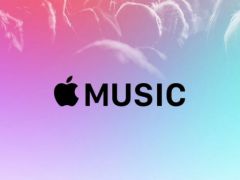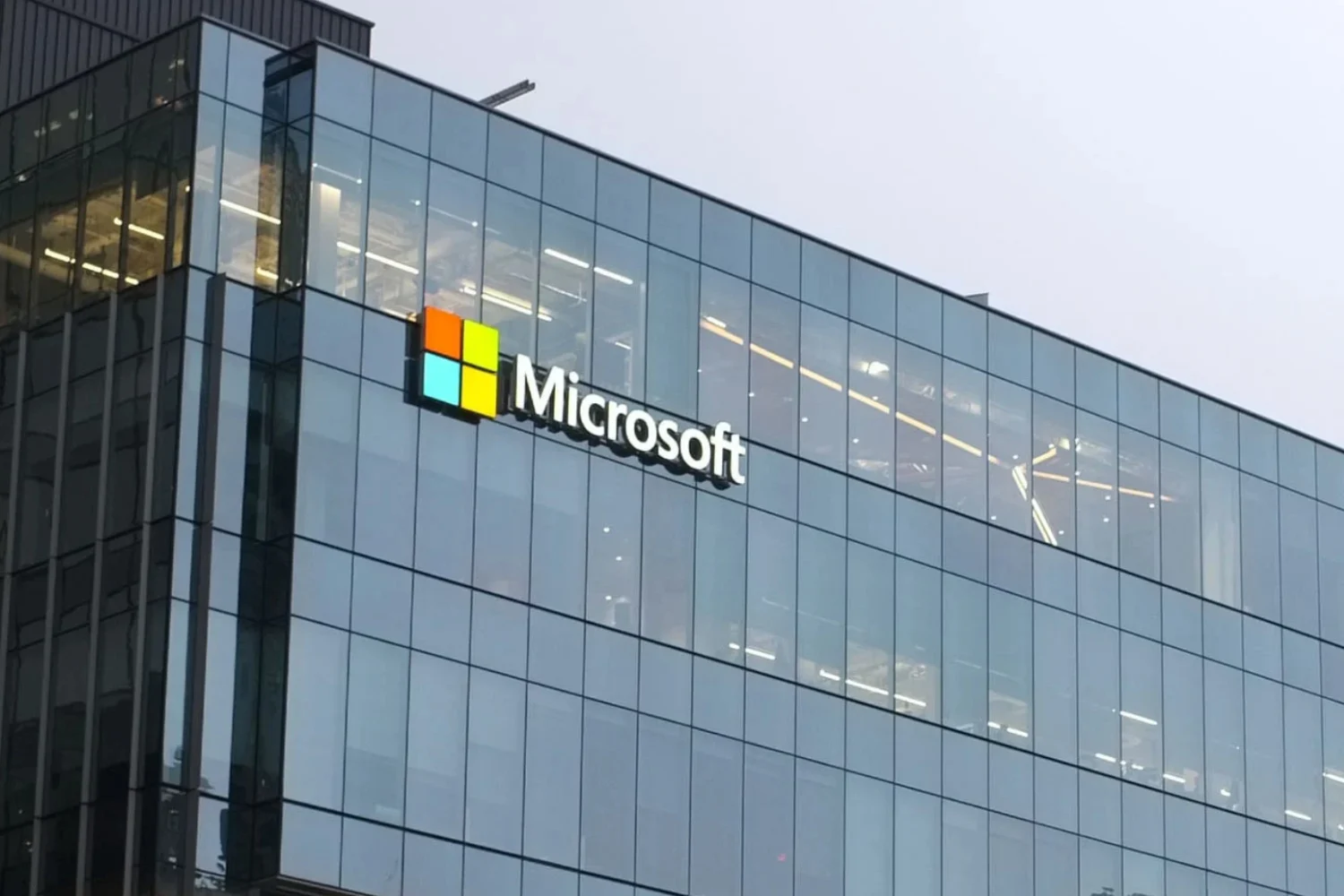A few days before apossible ban on American soil, TikTok lancea final legal offensivebefore the Supreme Court. The social network, which has millions of users in the United States, is trying to avoid being banned from social networks, scheduled for January 19. ByteDance, the parent company of TikTok, is deploying its latest arguments to counter Uncle Sam's legislation by appealing to a well-known amendment very dear to the American people.
Freedom of expression as a legal shield
At the heart of its request to the Supreme Court, TikTokraises the standard of the First Amendment. Formulated as follows in 1791, it is a constitutional pillar of the USA: “Congress shall make no law respecting an establishment of religion, or prohibiting the free exercise thereof; or to limit freedom of expression, of the press or the right of citizens to peaceably assemble or to petition the Government for redress of grievances suffered».
ByteDance denounces a “massive and unprecedented restriction of freedom of expression», recalling its status as a major communications platform in the United States. This strategy, although rejected by the lower courts, still remains the spearhead of his defense.A risky bet.
In a post on X from yesterday (see below), the TikTok Policy account explains aboutthis potential ban: «The Supreme Court has always protected Americans' right to free speech. We call on him today to remain true to that tradition by rigorously reviewing this ban and recognizing that it violates the First Amendment».
Statement on Filing Application for Emergency Injunction Pending Appeal with the Supreme Court:
“”The Supreme Court has an established record of upholding Americans’ right to free speech. Today, we are asking the Court to do what it has traditionally done in free speech cases:…
— TikTok Policy (@TikTokPolicy)December 16, 2024
The impossible equation of transfer
Obstacles to sales imposed by the US Congressaccumulate like an impassable wall. ByteDance highlights the technical impossibility of such an operation: the source code of the application would require years of learning for a new team of engineers.
The algorithm, both technological jewel and black box of the platform,also remains a stubborn sticking point, the company categorically refusing its transfer to a third party.Furthermore, the Chinese government has explicitly expressed its opposition to any transfer, making the equation even more complex.
If the application were to be banned from American download platforms, current users could continue to use TikTok, as long as it remains functional. However,no new installation would be possibleon American territory.
The security concerns of the American Congressrelate to two aspects: the risk of transmitting the personal data of American users to the Chinese government and the potential use of the platform as a vector for political propaganda.
Faced with this situation,Donald Trump, president-elect,could play a decisive role. According toCNBC, he indicated that his administration would examine the TikTok file, showing his opposition to the law passed by Congress, despite his previous attempt to ban the application during his first term.
Let us say it frankly,This doesn't look good for TikTok. ByteDance, by betting everything on freedom of expression, takes the risk of seeing judges consider that the government's security concerns outweigh this argument, especially if we consider the very tense Sino-American geopolitical context.A rather fragile legal defensetherefore, even more so if we combine it with the transfer difficulties and the security arguments of Congress,which resonate stronglyamong American public opinion and political decision-makers.
- TikTok defends its survival in the United States by invoking freedom of expression before the Supreme Court.
- ByteDance refuses the sale of the application, deemed technically impossible and politically blocked
- Between security tensions and geopolitical blockage, the ban seems more and more likely.

i-nfo.fr - Official iPhon.fr app
By : Keleops AG






